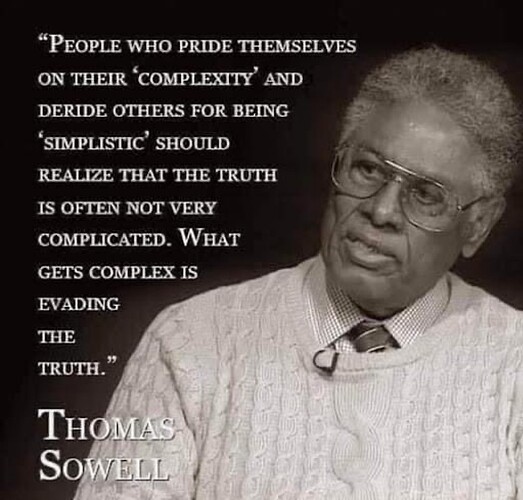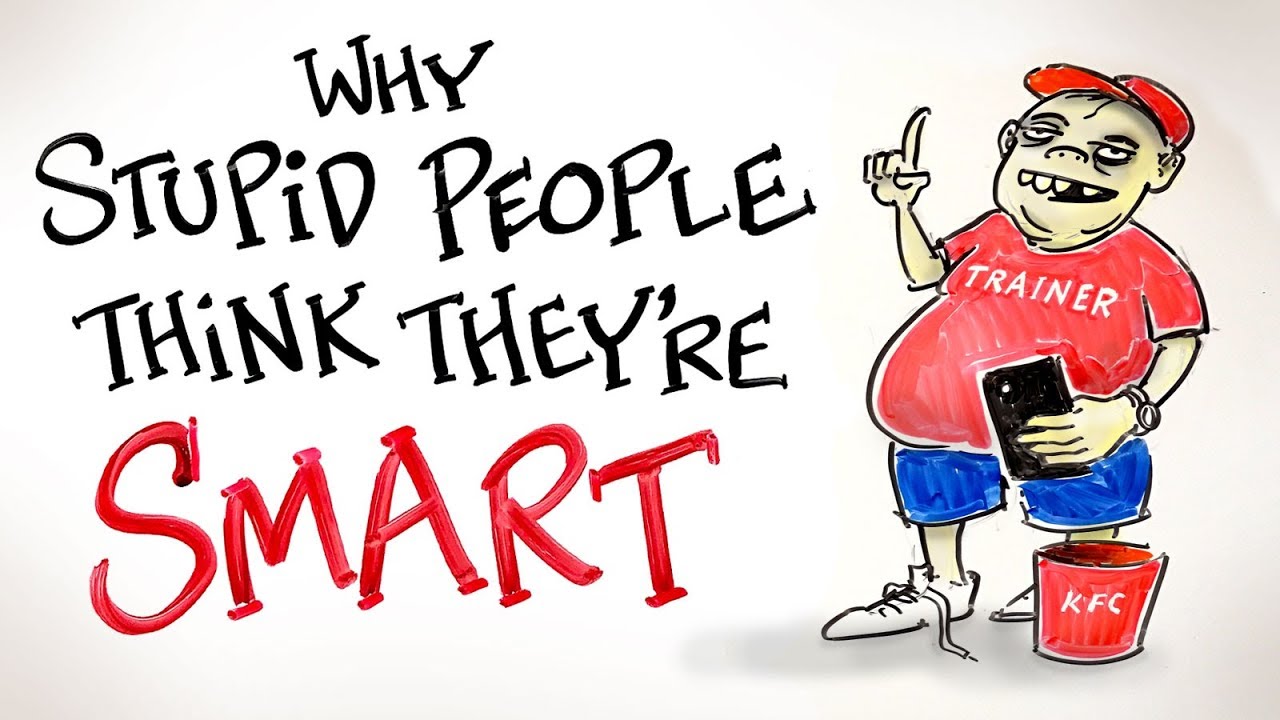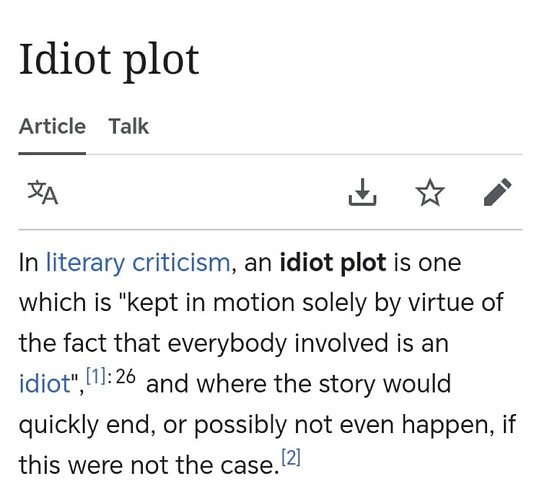This is exactly what teachers and students are experiencing in schools!
“The Peter Principle is a concept in management developed by Laurence J. Peter, which observes that people in a hierarchy tend to rise to their “level of incompetence”: employees are promoted based on their success in previous jobs until they reach a level at which they are no longer competent, as skills in one job do not necessarily translate to another.”
“Those that can, do. Those that can’t, teach.”
"Those who can’t “teach,” “administrate.”
“If education doesn’t solve a problem, then it is a problem; If the educated do not solve problems, then they are the problems.” ~ Ernest Agyemang Yeboah
Throughout the ages to be educated meant to be unproductive… our word “school” - and its equivalent in all European languages - derives from a Greek word meaning “leisure.” ~ Peter Drucker, [1909–2005, Austrian management guru]
“The more you know, the more you know you don’t know.” ~ Aristotle
“Everyone is trying to be smart, I’m just trying not to be stupid.” ~ Charlie Munger
“Only a few know, how much one must know to know how little one knows.” ~ Werner Heisenberg (1901 - 1976)
“The problem with the world is that the intelligent people are full of doubts, while the stupid ones are full of confidence.” ~ Charles Bukowski
“When you’re competent and you live in an age with a lot of incompetence, it makes you appear extraordinary.” ~ Billy Joel
“An expert is one who knows more and more about less and less until he knows absolutely everything about nothing.” ~ Nicholas Butler
“Never attribute to malice what can be properly associated with incompetence.” ~ Hanlon’s Razor
“Of all ignorance, the ignorance of the educated is the most dangerous. Not only are educated people likely to have more influence, they are the last people to suspect that they don’t know what they are talking about when they go outside their narrow fields.” ~ Thomas Sowell
“It is a serious mistake to say that, in order to learn, children must first be able to “delay gratification,” i.e., must be willing to learn useless and meaningless things on the faint chance that later they may be able to make use of some of them. It is their desire and determination to do real things, not in the future but right now, that gives children the curiosity, energy, determination, and patience to learn all they learn.” ~ John Holt
“In brief, the teaching process, as commonly observed, has nothing to do with the investigation and establishment of facts, assuming that actual facts may ever be determined. Its sole purpose is to cram the pupils, as rapidly and as painlessly as possible, with the largest conceivable outfit of current axioms, in all departments of human thought—to make the pupil a good citizen, which is to say, a citizen differing as little as possible, in positive knowledge and habits of mind, from all other citizens. In other words, it is the mission of the pedagogue, not to make his pupils think, but to make them think right, and the more nearly his own mind pulsates with the great ebbs and flows of popular delusion and emotion, the more admirably he performs his function. He may be an ass, but this is surely no demerit in a man paid to make asses of his customers.” ~ H.L. Mencken, [A Mencken Chrestomathy]
___________________________________
“The Dunning-Kruger Effect: Dumb people think they’re super smart, because they are so spectacularly stupid, they don’t even know how much stuff they don’t know. They are so dumb, they don’t even know that other people know a lot more about a topic than they do.”
“Basically, the dumber you are, the smarter you think you are, and vice versa.” ~ Richard Feynman
“Most people believe they are above average, but most people cannot be above the average. That’s not actually possible because most people have to be average because that’s how statistics work.”
Famous quote in Marx’s Capital from Dunning’s pamphlet, Trades’ unions and strikes runs as:
“Capital is said by a Quarterly Reviewer to fly turbulence and strife, and to be timid, which is very true; but this is very incompletely stating the question. Capital eschews no profit, or very small profit, just as Nature was formerly said to abhor a vacuum. With adequate profit, capital is very bold. A certain 10 per cent. will ensure its employment anywhere; 20 per cent. certain will produce eagerness; 50 per cent., positive audacity; 100 per cent. will make it ready to trample on all human laws; 300 per cent., and there is not a crime at which it will scruple, nor a risk it will not run, even to the chance of its owner being hanged. If turbulence and strife will bring a profit, it will freely encourage both. Smuggling and the slave-trade have amply proved all that is here stated.”


